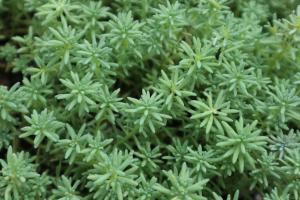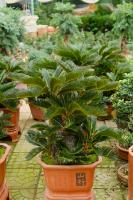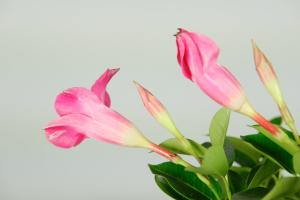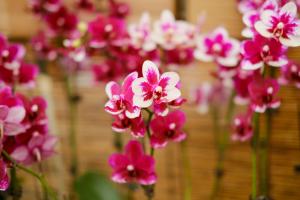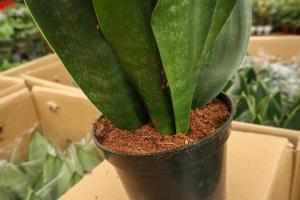What Makes Evergreen Plants Special?
The Definition of Evergreen Plants
Evergreen plants are a special type of vegetation that retain their leaves or needles all year round, regardless of the changing of the seasons. Unlike deciduous trees and plants that lose their foliage during the colder months, evergreens stay green and lively throughout the year. They come in different types and varieties, with some being classified as shrubs, trees, climbers, or ground covers.
What Are the Advantages of Evergreen Plants?
One of the most obvious benefits of evergreen plants is their ability to maintain their foliage all year round. This means that they provide a consistent aesthetic appeal to your garden, making them perfect for landscaping purposes. Evergreen plants can also provide year-round habitat and food for birds and small animals when other plants have shed their leaves.
Another advantage is their ability to act as natural windbreakers or privacy screens. In temperate regions, evergreens can act as natural insulation, keeping the heat in during colder months and keeping the cool in during warmer months. They can also be used to create natural boundaries and barriers, giving your outdoor space a natural and peaceful ambience.
The Different Types of Evergreen Plants
Evergreen plants come in different shapes, sizes, and forms. Some of the most popular types are:
Conifers: These are a group of iconic evergreen trees and shrubs that typically have needle-like leaves, such as spruce, pine, and fir.
Broadleaf Evergreens: These are plants that have broad, flat leaves that do not change color throughout the year, such as hollies and rhododendrons.
Boxwoods: Boxwoods are a type of evergreen shrubs that are commonly used for borders or hedges.
Junipers: Junipers are evergreen shrubs or trees that typically have needle-like leaves and produce berries.
Yews: Yews are evergreen conifers that can be grown as trees or shrubs.
How to Care for Evergreen Plants
Due to their unique characteristics, evergreen plants require specific care to help them thrive. Here are some tips for maintaining evergreen plants:
Watering: Evergreen plants require regular watering, especially during the drier months. Be sure to avoid overwatering, which can lead to root rot.
Fertilizing: Use a fertilizer designed for evergreen plants to provide them with the necessary nutrients for growth.
Pruning: Prune your evergreens regularly to control their size and shape.
Protecting: Evergreens can be susceptible to pests and diseases, so it's important to maintain proper care and monitor for any signs of damage or infection.
Conclusion
Evergreen plants are a unique and valuable addition to any landscape. They offer consistent aesthetic appeal, natural insulation, and year-round habitat for birds and small animals. With proper care and maintenance, evergreen plants can thrive and add distinctive character to your outdoor living area.

 how many times do yo...
how many times do yo... how many planted tre...
how many planted tre... how many pine trees ...
how many pine trees ... how many pecan trees...
how many pecan trees... how many plants comp...
how many plants comp... how many plants can ...
how many plants can ... how many plants and ...
how many plants and ... how many pepper plan...
how many pepper plan...